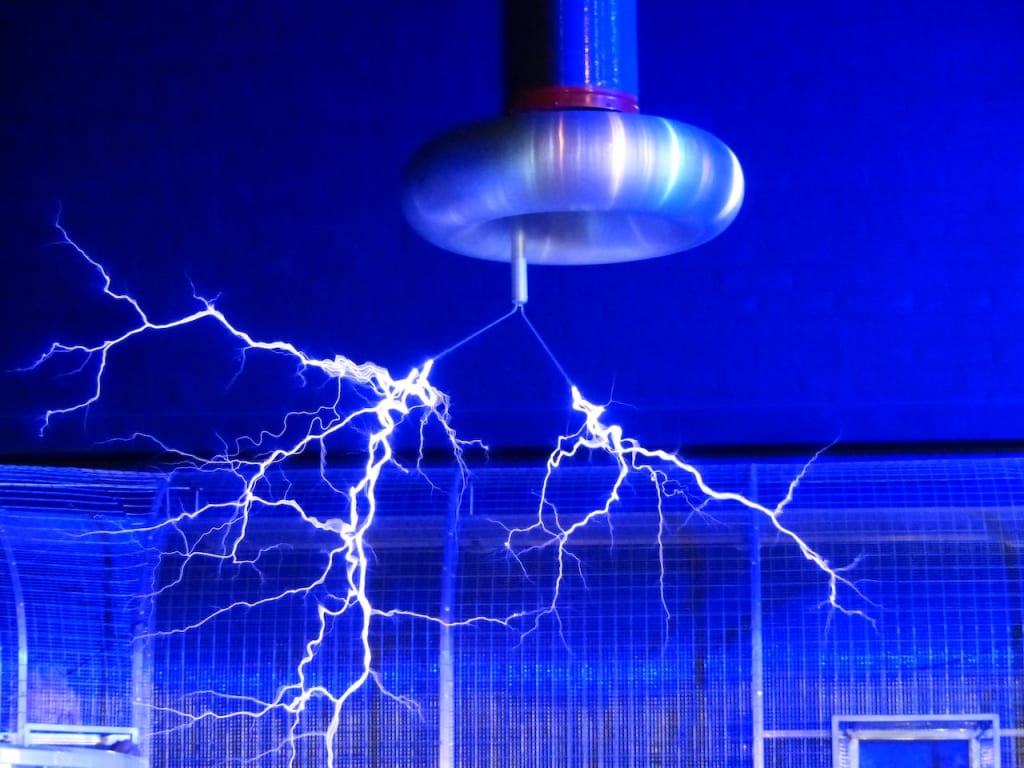The Enigma of Boltzmann Brains
Examining Reality and Cosmic Origins

Have I truly lived my life, or am I merely a newly formed brain with artificial memories, momentarily conjuring a non-existent reality? The notion may appear absurd, but it has troubled generations of cosmologists, leading to what is known as the Boltzmann brain paradox. Ludwig Boltzmann, a renowned physicist of the 19th century, contributed significantly to the field of thermodynamics, which studies energy. In contemplating the concept of entropy, a measure of system disorder, Boltzmann revolutionized the understanding of how closed systems tend towards disorder.
According to the second law of thermodynamics, shattered glass does not spontaneously reassemble itself into its original ordered state. Boltzmann's insight was to apply statistical reasoning to this phenomenon, revealing that a system's evolution towards disorder is more probable. Although the reverse direction is not impossible, it is incredibly unlikely, making phenomena such as scrambled eggs unscrambling highly improbable.
However, if the universe were to exist infinitely, over an immensely long period, extraordinarily rare events would occur. This includes the spontaneous formation of complex structures from random combinations of particles. In a hypothetical infinitely old universe, in a mundane expanse of near-nothingness, atoms could randomly assemble into an exact replica of the Thinker sculpture made of pasta, only to dissolve instantly. Similarly, particles could momentarily come together to form a brain, complete with false memories of a lifetime, perceiving the present moment before decaying. Furthermore, by sheer chance, all particles in the cosmos could concentrate into a single point, resulting in the spontaneous birth of an entirely new universe.
Considering these scenarios, which is more likely: the formation of a brain or the birth of a universe? Surprisingly, the brain is far more probable. Despite its complexity, it pales in comparison to the immense scale of an entire universe. Each universe produced by random fluctuations has equivalent odds to an astronomical number of instantaneous brains. Thus, following this line of reasoning, it seems highly likely that everything we perceive to exist is but a fleeting illusion, destined for swift extinguishment. While Boltzmann did not delve that deeply into this line of thought, subsequent cosmologists, building upon his work, introduced the concept of Boltzmann brains.
Nevertheless, these cosmologists, like most individuals, were confident that they themselves were not ephemeral brains. Hence, the paradox arose: how could they be correct if the universe were eternal? The resolution, widely accepted today, posits that our universe did not exist forever, but instead began with the Big Bang, marking the initiation of time and space. This seemingly puts an end to the paradox, right? Well, perhaps not. In the past century, scientific evidence overwhelmingly supports the occurrence of the Big Bang, yet the events preceding and causing it remain mysterious.
Why did the universe commence in an incredibly ordered and improbable state? Are we trapped in an eternal cycle of creation and collapse? Or could our universe be one among many expanding within a vast multiverse? In this context, Boltzmann's paradox has experienced a resurgence of interest among contemporary cosmologists. Some argue that prevalent models of cosmic origins still suggest that Boltzmann brains are more likely than human brains, indicating a flaw in our understanding. Others propose slight modifications to cosmological models to evade the problem or question the physical feasibility of Boltzmann's brains. Certain researchers have even attempted to calculate the probability of a brain emerging from random quantum fluctuations, resulting in mind-boggling numbers surpassing the magnitude of stars in the universe by a vast order.
The Boltzmann brain paradox, despite its absurd nature, serves as a benchmark against which models must measure up. If the current state of the universe appears exceedingly improbable when compared to such astronomical numbers, it indicates a flaw within the model. However, it also raises the intriguing possibility that it is our own understanding that is flawed. In the quest for unraveling the mysteries of our existence, the enigma of Boltzmann brains continues to challenge and push the boundaries of cosmological knowledge.
Henrik Leandro
About the Creator
Henrik Leandro Laukholm Solli
Free thinker, traveler and humanist <3






Comments
There are no comments for this story
Be the first to respond and start the conversation.